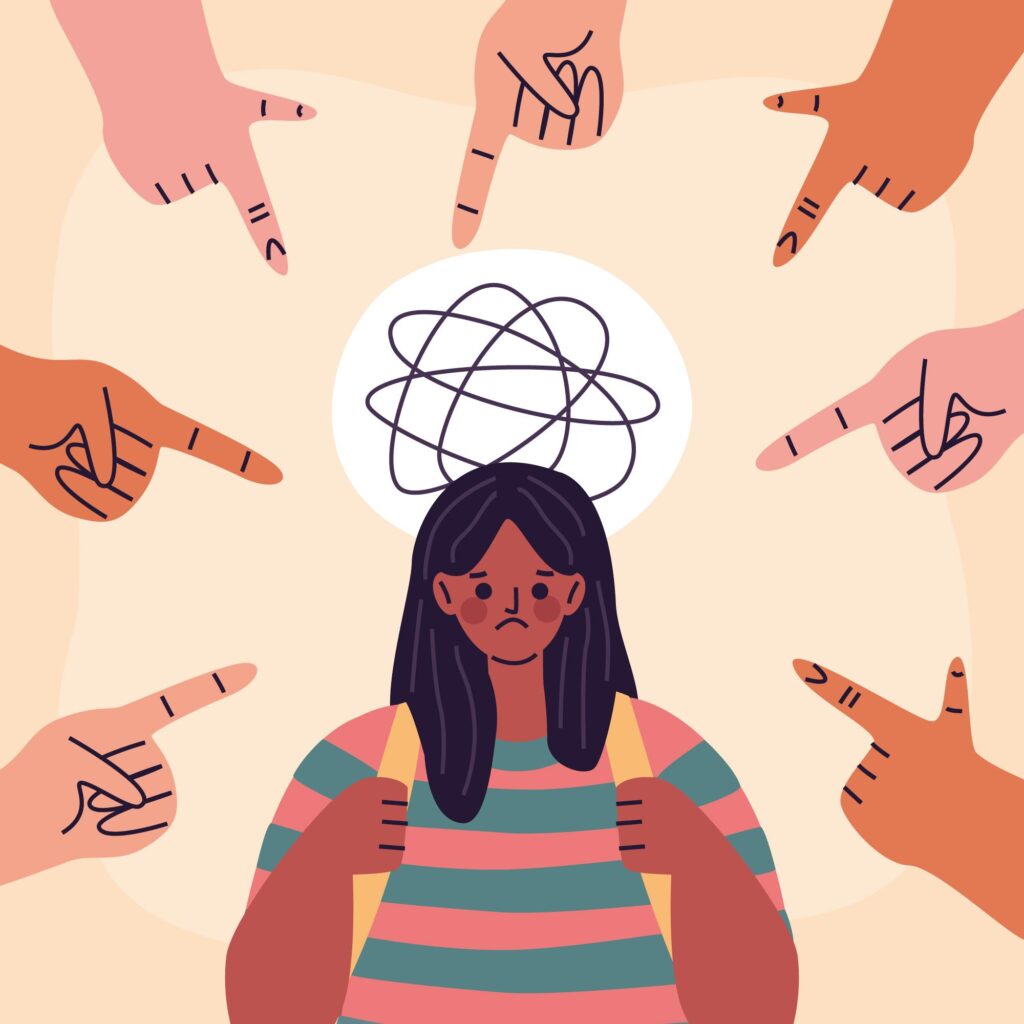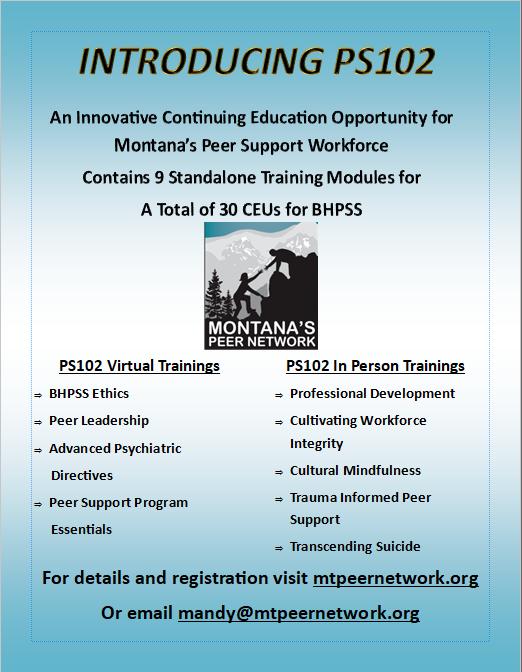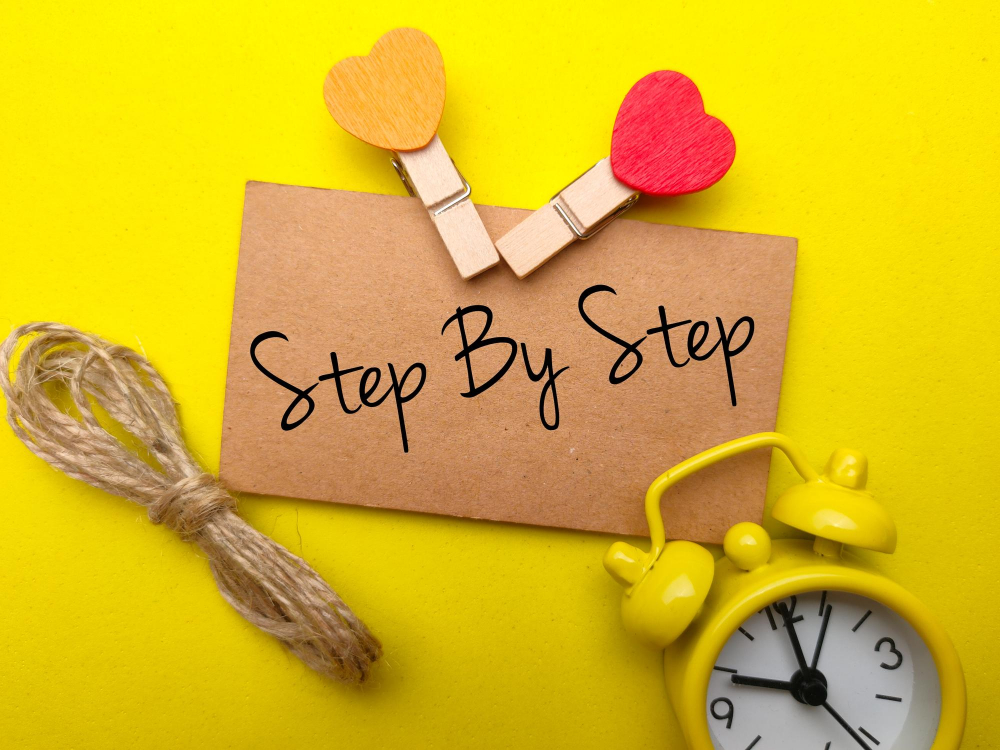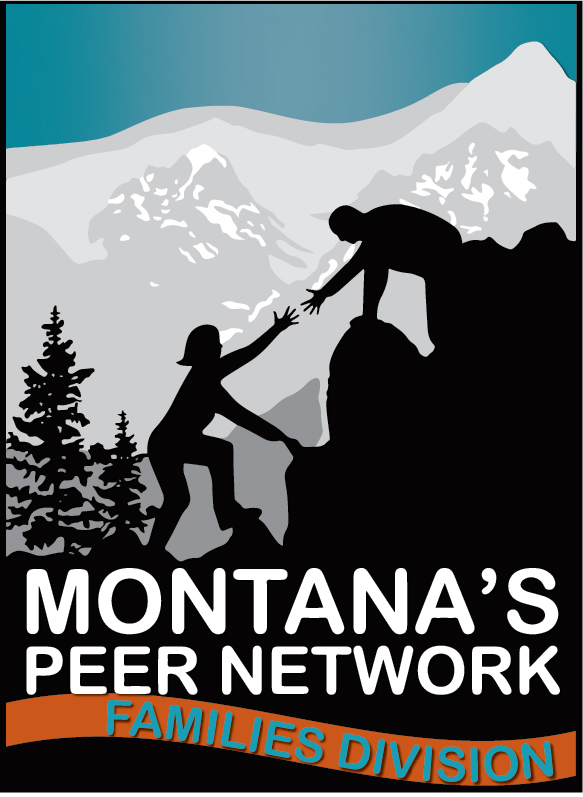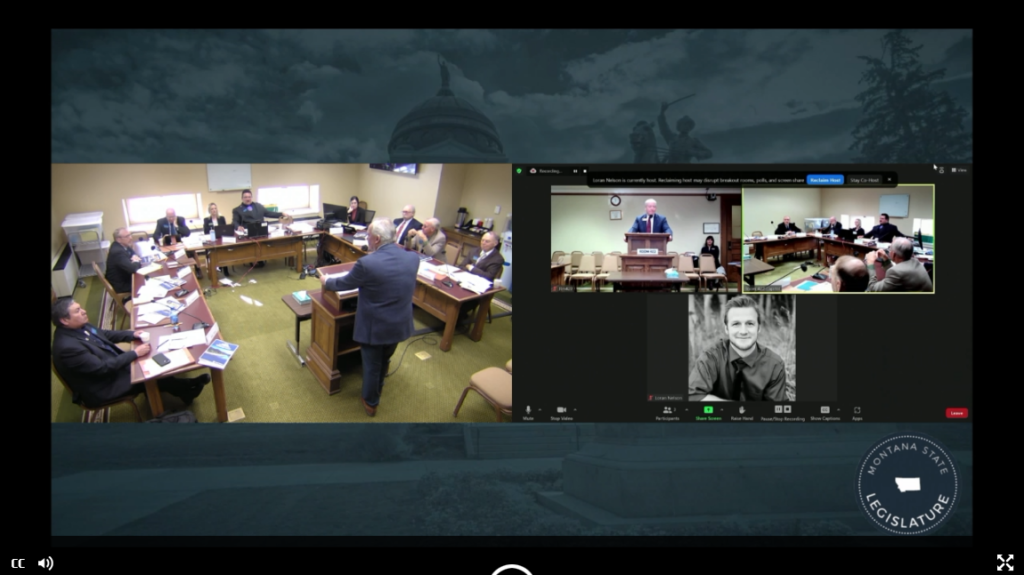Public Health Awareness: A Consumer's Perspective
Daily, we often encounter numerous choices that directly or indirectly affect our health. From the food we eat to the products we use, our decisions as consumers can significantly impact not only our well-being but also the health of our communities, states, and nations. Understanding the importance of public health awareness is paramount in making informed choices that promote healthier lifestyles and contribute to the overall well-being of society.



